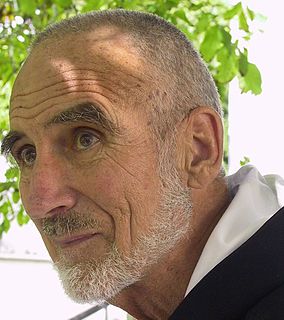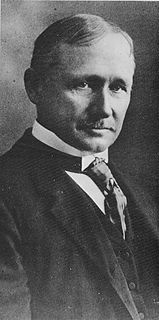A Quote by Luther Burbank
The integrity of one's own mind is of infinitely more value than adherence to any creed or system. We must choose between a dead faith belonging to the past and a living, growing ever-advancing science belonging to the future.
Related Quotes
Belonging is the innate human desire to be part of something larger than us. Because this yearning is so primal, we often try to acquire it by fitting in and by seeking approval, which are not only hollow substitutes for belonging, but often barriers to it. Because true belonging only happens when we present our authentic, imperfect selves to the world, our sense of belonging can never be greater than our level of self-acceptance.
There is no closer bond than the one that gratefulness celebrates, the bond between giver and thanksgiver. Everything is a gift. Grateful living is a celebration of the universal give-and-take of life, a limitless yes to belonging. Can our world survive without gratefulness? Whatever the answer, one thing is certain: to say an unconditional yes to the mutual belonging of all beings will make this a more joyful world. This is the reason why Yes is my favorite synonym for God.
In the past the man has been first; in the future the system must be first. This in no sense, however, implies that great men are not needed. On the contrary, the first object of any good system must be that of developing first-class men; and under systematic management the best man rises to the top more certainly and more rapidly than ever before.
It seems to me that the dedication of a library is an act of faith. To bring together the resources of the past and to house them in buildings where they will be preserved for the use of men and women in the future, a nation must believe in three things. It must believe in the past. it must believe in the future. It must, above all, believe in the capacity of its own people so to learn from the past that they can gain in judgment in creating their own future.
Tradition is the living faith of the dead; traditionalism is the dead faith of the living. Tradition lives in conversation with the past, while remembering where we are and when we are and that it is we who have to decide. Traditionalism supposes that nothing should ever be done for the first time, so all that is needed to solve any problem is to arrive at the supposedly unanimous testimony of this homogenized tradition.
My identity was a big issue when I was a teenager, and I had a lot of questions, like: 'Who am I?' 'Who do I belong to?' But when I was still quite young, I decided that belonging is a tough process in life, and I'd better say I belonged to myself and the world rather than belonging to one nationality or another.





































